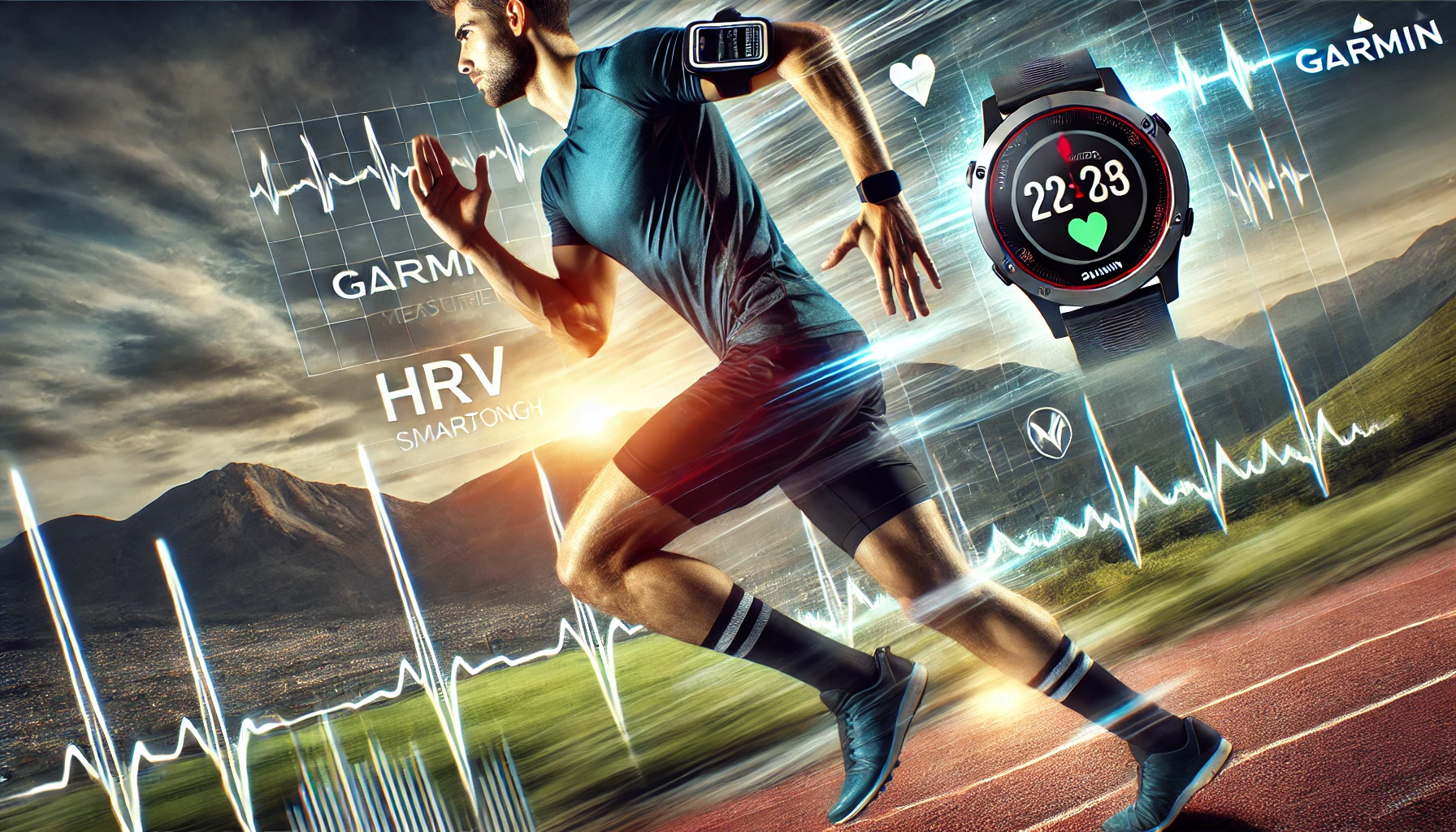HRV Measurement for Athletes: Unlocking the Power of Recovery
Heart Rate Variability (HRV) is a valuable metric for athletes seeking to optimize their training and recovery. HRV measures the variation in time between heartbeats, reflecting the balance between the sympathetic and parasympathetic nervous systems. A higher HRV typically indicates good recovery, while lower HRV can signal overtraining or stress.

For athletes, monitoring HRV can offer critical insights into training load, recovery, and overall well-being. Devices like Garmin and Suunto provide advanced HRV tracking features that help athletes make informed decisions about their training intensity and recovery times.
Garmin watches, such as the Forerunner and Fenix series, offer continuous HRV monitoring during both rest and workouts, syncing data with the Garmin Connect app to analyze trends over time. This allows athletes to assess how their body is responding to training and adjust accordingly.
Similarly, Suunto devices like the Suunto 9 Baro track HRV to provide real-time feedback on recovery and performance, helping athletes avoid burnout and enhance training efficiency.
By incorporating HRV tracking into their routine, athletes can better understand their body’s needs, avoid overtraining, and optimize their performance on the field.